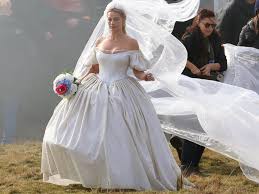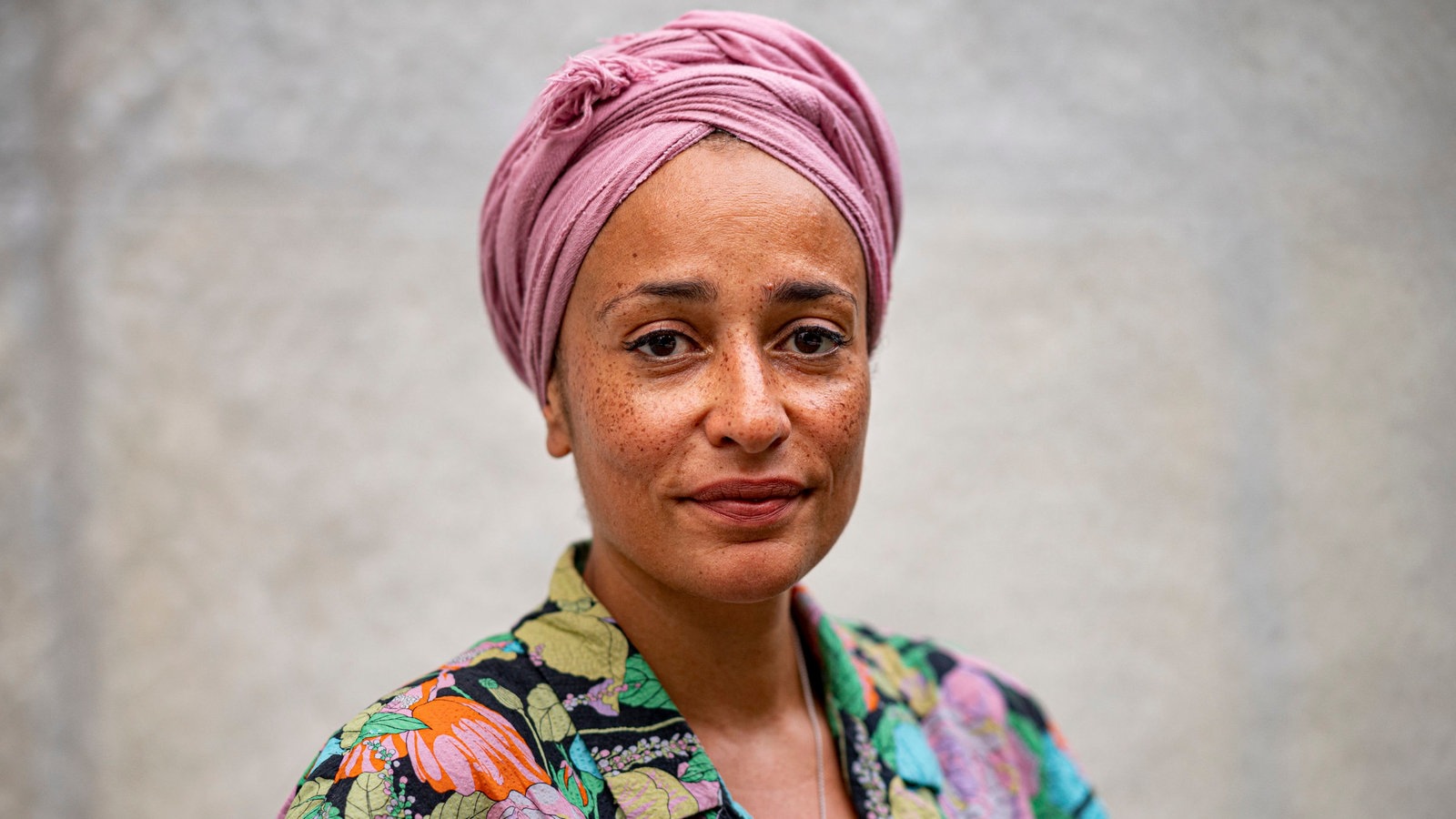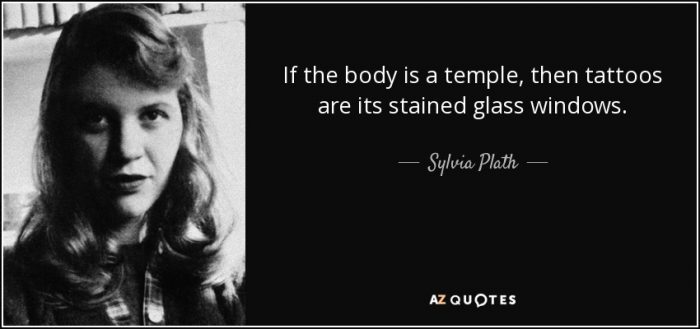
Introduction
Emerald Fennell, the acclaimed British author, screenwriter, and director, is stepping into the dark and tumultuous world of Emily Brontë’s classic novel, Wuthering Heights. This adaptation is particularly significant as it not only aims to breathe new life into the storied narrative but also presents an opportunity to explore contemporary themes through the lens of a timeless literary work.
A Fresh Perspective on a Classic
Fennell’s adaptation of Wuthering Heights has been in the making for several months, and its announcement has generated considerable excitement across the literary and film communities. Known for her unique storytelling style and psychological depth in works such as the award-winning film Promising Young Woman, Fennell’s take on Brontë’s infamous lovers, Heathcliff and Catherine, is expected to be both bold and innovative.
Critics have noted that Fennell’s projects often highlight complex female characters and challenge traditional narratives. This aligns perfectly with the themes of Wuthering Heights, where passion, obsession, and revenge intertwine in a tale that is as harrowing as it is beautiful. Fennell’s modern feminist lens is anticipated to shed new light on Catherine Earnshaw’s character and her tumultuous relationship with Heathcliff, exploring their emotional and psychological depths.
Current Developments
As of October 2023, production details remain closely guarded, but sources indicate that Fennell is collaborating with prominent producers known for their successful adaptations of classic literature. Additionally, there has been buzz surrounding potential casting, with names being floated about that promise to bring a fresh dynamism to the roles.
The adaptation is set to challenge the conventions of past portrayals, which often leaned heavily into melodrama. Instead, Fennell’s approach is expected to be grounded in psychological realism, providing audiences with a narrative that resonates with contemporary issues such as mental health, identity, and societal expectations.
Conclusion
Emerald Fennell’s adaptation of Wuthering Heights signifies a vital convergence of classic literature and modern storytelling, appealing to both long-time fans of the novel and new audiences. As the adaptation progresses towards its anticipated release, it is likely to prompt discussions around the themes of love, obsession, and the haunting legacy of trauma, ensuring that Fennell’s version remains culturally relevant. With her unique vision and sensitivity to character complexity, the film could well become a definitive interpretation of Brontë’s masterwork, paving the way for future adaptations that continue to explore the intricate human experiences encapsulated within classic literature.
You may also like

The Literary Influence of Zadie Smith

The Literary Legacy of Bernard Cornwell
